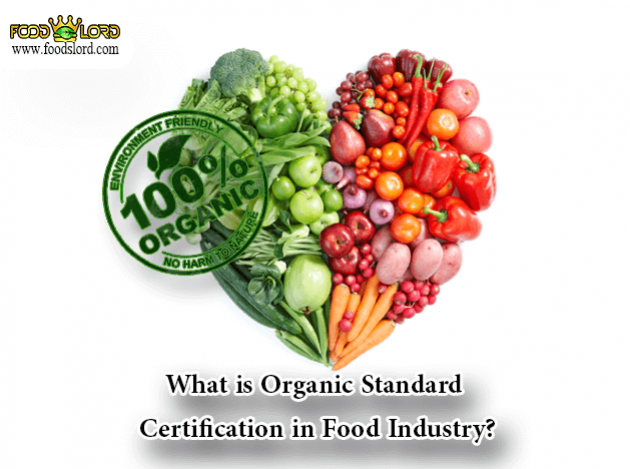You can read about the organic products on Foodlord website. Claiming to produce the organic product needs to get the organic standard certification. It is a certification process for producers of organic food and other organic agricultural products. This certificate can be given to all the involved businesses in the food chain including seed suppliers, farmers, food producers, processors, retailers, and restaurants.
Foodlord Company has the ability to offer organic products by using pure and natural products, production and processing without laboratory changes in the product.
Organic standard certification has the following requirements:
- Avoiding the use of synthetic chemicals such as fertilizers, pesticides, antibiotics, food additives, irradiation technology, and sewage slug.
- Using farmlands that have not used the chemical for several years.
- Having a detailed record of processing and production (audit trail)
- Feed, housing, and breeding of the livestock should be based on the specific requirements to stay organic.
- Preventing cross-contamination by physical separation of organic and non-organic products.
- Undergoing periodic on-site inspections.

Five steps to get organic standard certification:
Similar to all other certificates, getting an organic certificate has 5 steps that should be regularly implemented as follows:
First step- developing a plan for an organic system:
This step is the base of the organic certificate plan in which the operations and requirements should be indicated and the operations should comply with the requirements to reach the goals of the plan.
Second step- implementing the prepared plan of the first step:
The certifying agents, which are accredited by USDA, are responsible to examine and audit the implementation of the organic system plan by the entities to check whether their products meet the organic standards or not.
Third step-inspection
The certifying agents should inspect the operations in the site of food manufacturing factories. This is a comprehensive inspection from farm to factory as an A-Z list of inspections including inspection of farmland, cultivated seeds, non-use of fertilizers, pesticides, or any other chemicals, and procedures of production, processing, management, storage, water treatment, and installations with a detailed report.
Fourth step- reviewing the inspection reports
All the reports about the practices from the previous step are precisely assessed and the results, CCPs, and all hazards are inspected. This is the final step to monitor and review the compliance of all practices of the developed organic system plan based on the organic certificate requirements.
Fifth step- issuing certificate
After receiving the positive result from the fourth step, the certifying agent issue the organic certificate for the food manufacturer, and an annual inspection is done to maintain the certificate.
Benefits of organic standard certification
There is an incremental worldwide demand for organic products. Therefore, the global market can be accessed through the production and supply of organic products. Organic certificate assure quality and prevent fraud to promote the business. There is a higher chance for farmers of the organic crops to sell them at higher prices on their lands and reach the sustainable development in the supply chain easier. The term “certified organic” serves as product assurance. Certification essentially aims at regulating and facilitating the sale of organic products to consumers. This certificate brings the added value to the food brands and is an advantage in the market for producers and suppliers.
Ref:







